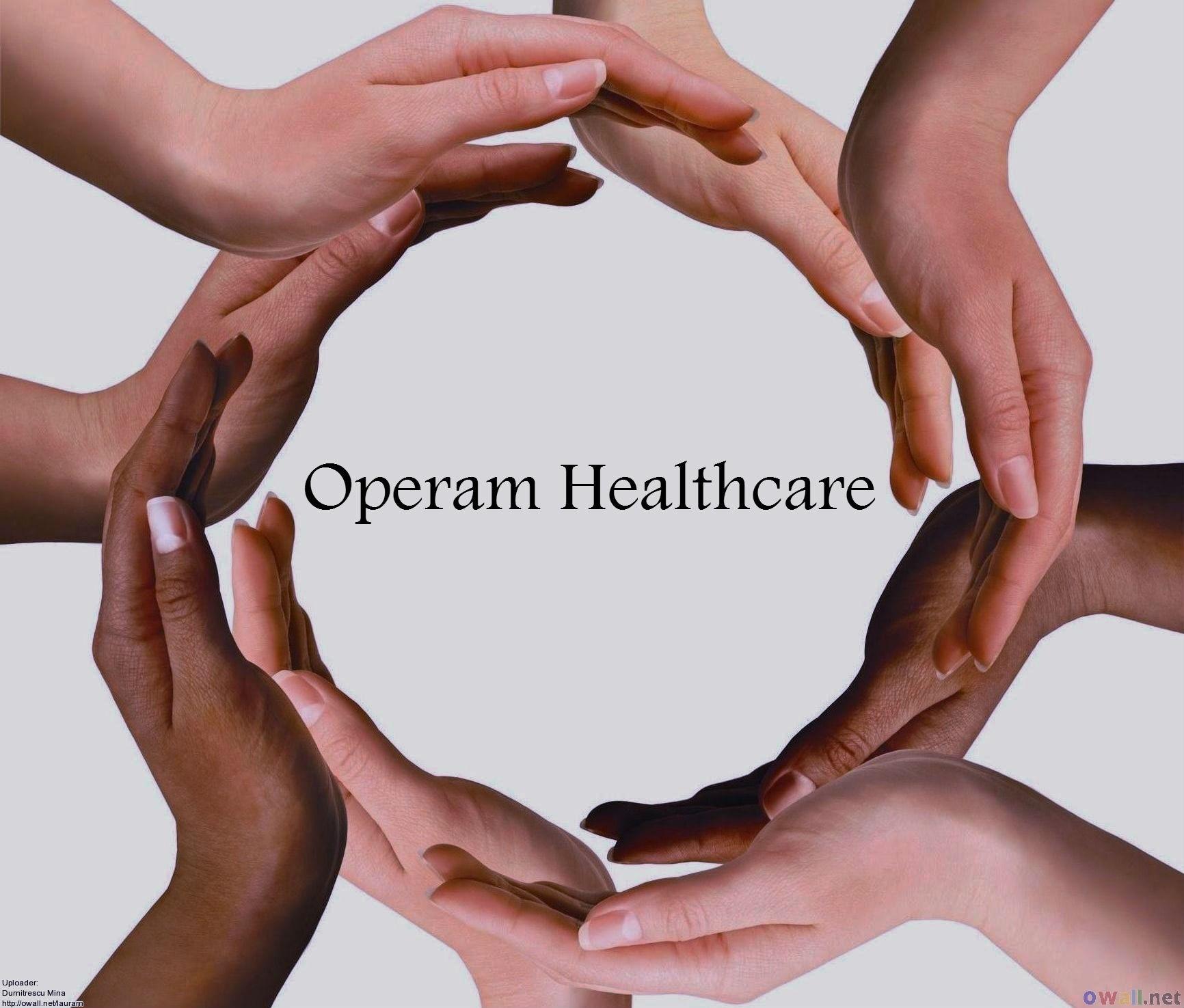by Tony Cusano | Jul 4, 2019 | Public
Stunning new data reveals a previous unknown disease mechanism that affects treatment decisions for millions of diabetics. The study published in June 2019 uncovers the massively incomplete science for all people with type 2 diabetes.
While the authors of this study separated black Africans from white Europeans to reveal the new mechanism, recall that there are many diverse genetic and physiological traits within the groups we traditionally identify as black or as white, so it is very likely that the new mechanism applies in many diverse patients regardless of their ethnic or racial identification.
None of the current expert guidelines for diabetes care account for this unknown mechanism, and thus deciding on the right medication for treating an individual’s diabetes must be done cautiously, and with careful consideration of their response to the treatment as ordered.
We can help you better understand your medical condition so you can ask the right questions and make good collaborative decisions with your doctors.
Call 203-692-4422, or email ajc@www.operamhealthcare.com for a free introductory consultation.
by feeroent | Jul 3, 2019 | Public
This is a 2nd test
by feeroent | Jul 3, 2019 | Public
This is a test
by Tony Cusano | Jun 9, 2019 | Public
We often discuss the importance of collaborative engagement with your doctors so your medical decisions account for how your own goals and values for with the benefits, risks, alternatives and unknowns of those decisions. Most of the time those decisions involve medications or medical technology. However, one of the most powerful and important components of our healthcare is our lifestyle; the behaviors we engage in for our nutrition, our exercise and our cognitive styles.
All doctors agree on the importance of lifestyle. But not all doctors are trained or have the time to engage patients to help them improve theirs. Many medical schools have begun to address lifestyle education in their training programs. Additionally, some doctors have organized into specialty groups such as the American College of Lifestyle Medicine, which applies evidence-based principles to the practice of lifestyle management.
Most insurers do not reimburse the practice of lifestyle medicine. They expect it to be part of the routine care patients receive in the course of their physician visits. While this may change as insurers embrace a wider approach to use preventive care for managing healthcare costs, for now, visits to lifestyle doctors are investments individuals must make out of their own pocket.
So is such an investment right for you?
If your own physician has the time and interest to help you engage in lifestyle management, then you don’t. However, if your doctors leave you feeling uncertain about how to best engage in lifestyle change, a consultation and followup with a doctor trained in lifestyle medicine may be very worthwhile, especially if they can also collaborate with your own physician.
Despite the obvious benefits of lifestyle change for your health, how you do it does have the same set of benefits, risks, alternatives and unknowns of any medical decision. We can help you evaluate the qualifications of a lifestyle physician you might want to engage with, and we can help you understand the benefits, risks, alternatives, and unknowns to consider so you can ask the right questions to get the most out of your engagement with your own doctor, or with a lifestyle physician you may choose.
Email us at ajc@www.operamhealthcare.com or call us at 203-692-4422 for a free consultation.
by Tony Cusano | May 26, 2019 | Public
At Operam Healthcare we educate, coach and advocate for you to help you collaborate with your doctors in making good medical decisions. But healthy living is not just about making good medical decisions when a condition requires that they must be made. It involves conducting our lives in ways that promote health.
One health risk that many physicians may overlook does not at first blush appear to belong in a doctor’s office. That’s because it is not one that has a simple prescription for treating it. However, a recent report from NPR discusses the powerful health effect of finding meaning in living.
While there is no simple prescription that will bring meaning into our lives, a good doctor can help us to ask the questions that will allow us to explore our lives for where it might reside.
At Operam Healthcare we can guide you to those same questions, and educate or coach you on where to find answers.
by Tony Cusano | Apr 17, 2019 | Public
“…Those teaching or communicating science — and those learning and listening — would need to understand and embrace uncertainty right along with the scientific community. “I’m not sure how we do that,” says Haaf. “What people want from science is answers, and sometimes the way we report data should show [that] we don’t have a clear answer; it’s messier than you think…”
This article from science news provides an understandable explanation of the uncertainty behind many medical decisions.
The science doctors use is inherently uncertain. The culture of modern medicine and society longs for certainty. The art of medicine should be about navigating together the uncertainty of the science to make good decisions on how best to apply treatments that have inherent risks, both known and unknown.
Such decisions must account for the values and goals of the individual patient. You should expect a full education about the benefits, risks alternatives and unknowns of any decision, and as the article shows, it should account for the inherent uncertainties in the science.
We can help educate, advocate and coach you to better collaborate with your doctors in that process. Check our website, and call or email for s free introductory consultation.

Recent Comments